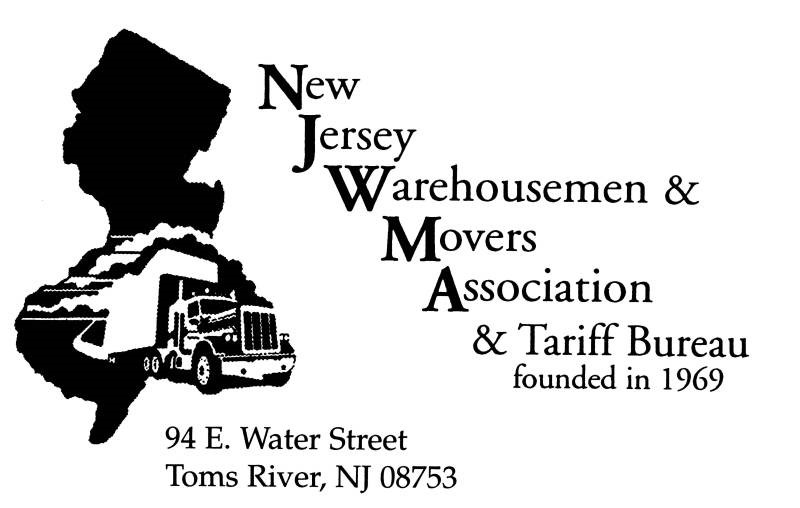
NJWMA COVID-19 Update: 3/25/20
We received the following Best Practices recommendations from movers how they protect employees as much as possible on every move.
• We sanitize the cabs of our trucks in the AM and between each job.
• We dispatch directly to our trucks at staggered start times - no mover/driver comes into an office, meet them outside and direct them to the truck ready to go
• We’ve stopped taking customer visits on-site
• We wear gloves at all times and sanitize them frequently throughout the day
• Our crews don’t interact with each other personally. No crew is in the same space as another crew during the workday
• We’ve isolated our sales staff and are working toward getting some of them ready to work from home.
Here are more suggestions from another company:
• Maintain appropriate social space by reducing crew sizes in cabs.
• Avoid physical contact with other employees or customers, use a non-contact greeting.
• Re-schedule surveys or moves if able to do so.
• Disinfect surfaces with disposable wipes for doorknobs, desks, keyboards, truck cab and handrails.
• Wash your hands after going to the bathroom, coughing, sneezing or blowing your nose.
• Know your surroundings.
• Avoid touching your eyes, nose and mouth.
• Always cover your mouth and nose with a tissue or sleeve “not your hands” when coughing or sneezing.
• If you feel sick and have any respiratory symptoms, call out and stay home.
NOTES:
Even the U.S. Surgeon General is urging the public to stop buying face masks. As clinicians, we know what lies ahead if there is a shortage of appropriate PPE, but let’s break down the facts so we can educate those around us.
Here’s what we know:
1. Coronavirus is spread through contact and droplets, not airborne transmission.
2. Particulate respirators, including N95 masks, are indicated to protect against airborne transmission of infection.
3. Proper use of N95 masks requires fit testing.
4. The Centers for Disease Control and Prevention (CDC) recommends the use of N95 masks by health care workers at the “highest risk of contracting or experiencing complications of infection.”
5. In addition to health care workers, the use of proper face masks is essential for those directly caring for someone in close settings, including homes, and immune compromised persons.
6. By depleting supplies, those directly caring for patients with infectious disease – including COVID-19 –will be at risk for infection themselves and can contribute to its spread.
7. Wearing masks unnecessarily can contribute to a false sense of security, causing lapses in other measures, such as hand washing, which has shown time and time again to be the most effective method of decreasing infectious disease risk and spread.
The information is subject to change as additional Executive Orders are issued or laws are enacted or amended by the Federal and State governments and members should consult with their attorney, accountant or other professional with any questions or concerns.
Tags
Subscribe to Reliable Van And Storage's Blog
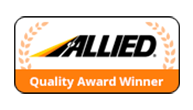

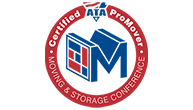


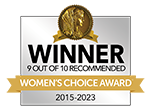
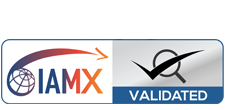
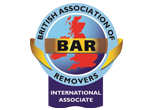
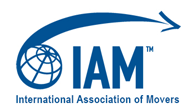
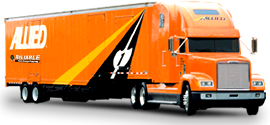
Comments